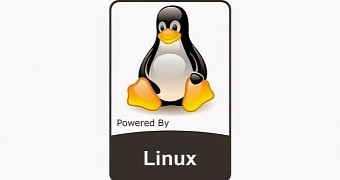Today, July 24, 2016, after a week of holiday fun, Linus Torvalds has had the great pleasure of announcing the release of Linux kernel 4.7 for all GNU/Linux operating systems.
The Linux 4.7 kernel has been in development for the past two months, but that shouldn't surprise anyone who is either reading our website on a regular basis or keeping pace with the Linux kernel development cycle, since it is quite normal for this branch. A total of seven Release Candidate (RC) testing builds have debuted since May 29, 2016, and they have introduced numerous new features and improvements.
"So, after a slight delay due to my travels, I'm back, and 4.7 is out," says Linus Torvalds in today's announcement. "And obviously, this means that the merge window for 4.8 is open. Judging by the linux-next contents, that's going to be a bigger release than the current one (4.7 really was fairly calm, I blame at least partly summer in the northern hemisphere)."
Here's what's new in Linux kernel 4.7
The biggest new features of Linux kernel 4.7 are support for the recently announced Radeon RX 480 GPUs (Graphic Processing Units) from AMD, which, of course, has been implemented directly into the AMDGPU video driver, a brand new security module, called LoadPin, which makes sure the modules loaded by the kernel all originate from the same file system, and support for generating virtual USB Device Controllers in USB/IP.
Furthermore, Linux kernel 4.7 is the first one to ensure the production-ready status of the sync_file fencing mechanism used in the Android mobile operating system, allow Berkeley Packet Filter (BPF) programs to attach to tracepoints, as well as to introduce the long-anticipated "schedutil" frequency governor to the cpufreq dynamic frequency scaling subsystem, which promises to be faster and more accurate than existing ones.
Other new features in the Linux 4.7 kernel are support for parallel directory lookups, the ability to create histograms of events for the ftrace interface, support for call chains of events in the perf trace tool, and support for upgrading firmware using the EFI "Capsule" mechanism. As usual, numerous drivers have been updated, and lots of bugs have been resolved. You can download the Linux kernel 4.7 sources right now via our website or from kernel.org.

 14 DAY TRIAL //
14 DAY TRIAL //